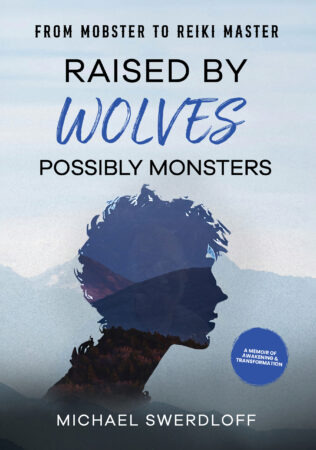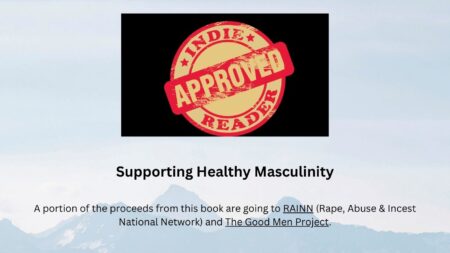13 results for tag: Trauma Response
Accepting New Reiki Counseling Clients!
Reiki counseling is a system my teacher designed for working with people through challenging and deep-seated issues. What makes it so effective is the combination of the loving and supportive energy of Reiki, helping somebody move to a slow enough brain rhythm that their inner resistance becomes less of an obstacle. Reiki also creates a safe enough container for us to work on issues that traditional therapy/counseling, bodywork, and many other modalities are not able to access in just a few sessions....
How I Got Sober and What I Now Know About the Impacts of Alcohol
How I got sober in September of 1989 was incredibly anti-climactic. Nothing was particularly awful or special about when or how I got sober. It was a Monday night, three days before I went for an alcohol assessment. I wanted to "beat the test," so I stopped drinking in advance to prove that I was n0t an alcoholic. I know; it's pretty funny, actually.
Even though I have been clean and sober since September 11, 1989 (Yes. September 11th, but twelve years before THAT September 11th), my recovery has four separate phases.
How I Got Sober - Phase One
The first phase was short-lived. I was going to an outpatient program four nights per week and AA/NA meetings the other days. I hated all of it, was not interested in what they had to offer, and was only complying to prove to my girlfriend at the time and her therapist that I was not an alcoholic. I still chuckle when I think about it. That phase came to an end when I freaked out, drove my car over 100mph, passed a cop, had that cop pull me over and approach my car with his rifle pointed at me, and a whole lot of drama during the following twenty-four hours that lead to me being locked up in an in-patient mental hospital while "sober"....9 Things your Therapist wants you to Know
I thoroughly enjoyed reading this essay on things your therapist wants you to know! As a counselor, I often want to share many of the elements the author describes below. Many people make assumptions about therapists and counselors and what we know, don't know, or what we are like when we are not meeting with clients. I tend to chuckle when folks assume that I am someone who goes to bed early, gets up at dawn to meditate, and rarely if ever, goes out and comes home late at night, which I often do!
Therapists and counselors are rarely shocked by your experiences or traumas. For someone like me, who has been doing this since 1993, I have been present with folks sharing their experiences, challenges, and obstacles for a long time. I have also experienced plenty in my own life. I am ready for whatever your particular brand of mess or chaos is. We all have messes in our lives!...
Are You Really Being Accountable?
In the last handful of years, there has been an increased focus on accountability and taking responsibility for our actions. I have really appreciated the energy and attention to wanting to do and be better, primarily birthed by Gen Z and Millennials. It’s about time!
But are we truly being accountable, or are we just telling people what we’ve done wrong and why we did it?
I invite you to read the full article on being accountable, including the steps to cleaning up mistakes here: Are you really being accountable?
Being responsible and accountable is about changing our behaviors, and the patterns that create them. It’s not about ...
Addiction Is Not The Drugs, It’s The ACEs
Empath or Trauma Response?
 Book Release: Raised by Wolves, Possibly Monsters - From Mobster to Reiki Master, A Memoir of Awakening & Transformation. Find out more about this exciting new book here.
Book Release: Raised by Wolves, Possibly Monsters - From Mobster to Reiki Master, A Memoir of Awakening & Transformation. Find out more about this exciting new book here.
Are you an empath, or are trauma responses being expressed from childhood? In recent years, a number of people who have identified themselves as empaths have expressed an attitude of superiority to those who are not empaths. They think they are "special." I find this troubling on multiple levels. An empath is not something that you train or study to become; it is typically a response to childhood trauma and a heightened sense of vigilance.
Is experiencing a challenging childhood a reason to feel superior to others?
... 






